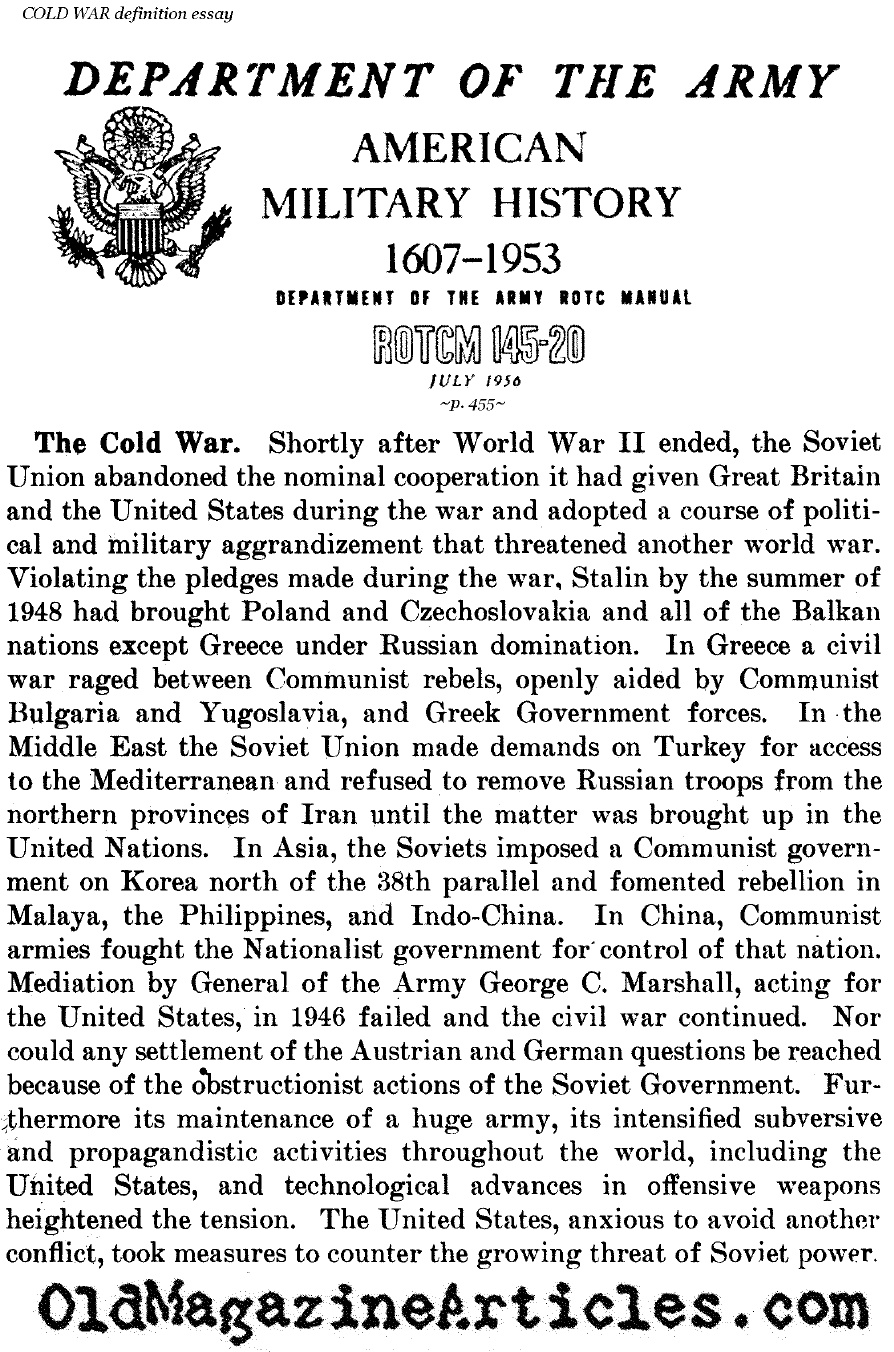

Increasingly exclusive definitions of legitimate citizenship, heroism, and dissent have been evident through popular accounts of the Iraq war. Yet, even as spy shows introduced African American and female characters, they continued to reinforce racial and sexual stereotypes.īringing these concerns to the political and cultural landscape of the twenty-first century, Kackman asserts that the roles of race and gender in national identity have become acutely contentious. and Get Smart to the more complicated global and political situations of I Spy and Mission: Impossible, Kackman situates espionage television within the tumultuous culture of the civil rights and women’s movements and the war in Vietnam. Online documents on a number of topics related to the Cold War (i.e., McCarthyism, Rosenbergs, Sputnik & the Space Race, U-2 Spy Plane Incident) Europeana Collections Explore 58,246,083 artworks, artifacts, books, films and music from European museums, galleries, libraries and archives. From parodies such as The Man from U.N.C.L.E. with the intent that or with reason to believe that the information will be used to the injury of the U.S. Kennedy responded by placing a naval blockade, which he referred to as a. Legal Definition of espionage : the practice of gathering, transmitting, or losing through gross negligence information relating to the defense of the U.S.

These “documentary melodramas” were, Kackman argues, vehicles for the fledgling television industry to proclaim its loyalty to the government, and they came stocked with appeals to patriotism and anti-Communist vigilance.Īs the rigid cultural logic of the Red Scare began to collapse, spy shows became more playful, self-referential, and even critical of the ideals professed in their own scripts. In mid-October, American spy planes photographed the missile sites under construction. Espionage by definition is intended to occur without detection therefore, it is safe to assume that defining and regulating it brings significant complications (Deeks 2015, 314). Looking at secret agents on television and the relationships among networks, producers, government bureaus, and the viewing public in the 1950s and 1960s, Kackman explores how Americans see themselves in times of political and cultural crisis.ĭuring the first decade of the Cold War, Hollywood developed such shows as I Led 3 Lives and Behind Closed Doors with the approval of federal intelligence agencies, even basing episodes on actual case files. In Citizen Spy, Michael Kackman investigates how media depictions of the slick, smart, and resolute spy have been embedded in the American imagination.


 0 kommentar(er)
0 kommentar(er)
